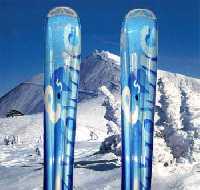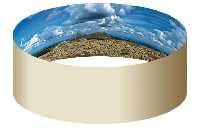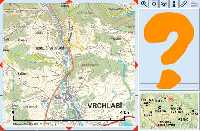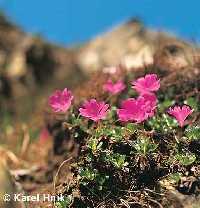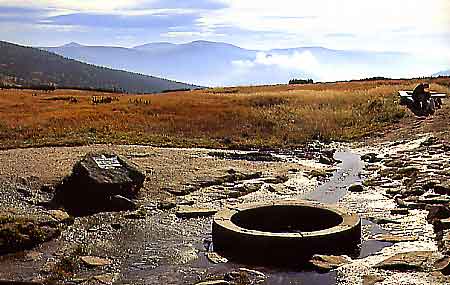Nejvyšší české hory i jejich podhůří jsou jedinečné svou polohou, svou historií a přírodou. Nejvyšší partie hor pokryté tundrou připomínají spíše krajiny Arktidy vzdálené odsud tisíce kilometrů. Níže na svazích hor najdete smrkové a bukové lesy a na loukách rozeseté horské chalupy. V údolích pak kouzelné potoky a řeky a kolem nich rušná i klidná horská střediska.
Velká část Krkonoš je chráněna národním parkem - a to na české i polské straně. Pro svou jedinečnost byly dokonce vyhlášeny biosférickou rezervací Unesco. Přesto najdete v horách i v podhůří mnoho příležitostí pro aktivní dovolenou. Od jara do podzimu si můžete vybrat nepočítaně značených cest pro pěší turisty i cyklisty. V zimě pak stovky kilometrů upravených tras pro běžkaře či řadu sjezdových tratí.
V horách i ve střediscích pod horami je vždy co vidět a co okusit.
KRKONOŠE - HORY ZÁŽITKŮ!
Search for: |
General | Geography | History | Nature- | Climate, weather | Nature conservation | Geology, geomorphology | Flora | Fauna | Tourism- | Tourist Information | Tourism | Outdoor sports | Sights | Celebrities- | Artists | Entrepreneurs | Sportsmen
About the region(found: 10 out of 95 records in category: About the region) The Krkonose Mountains are part of the Sudetes Mountains. They are the highest mountains within Central Europe north of the Alps. It measures 35 km from east to west and 20 km from north to south with its main ridge forming part of the border between the Czech Republic and Poland The panoramic map offers a quick overview of the geography of Krkonose Mountains and their foothills. Click on cities on the map to have more information displayed. 
The Krkonose region features the highest mountain of the Czech Republic – Snezka (1602m) and the spring of the mighty Labe/Elbe river. The treasures of this area include an extraordinary flora and fauna and the unique northern tundra on the mountain range (e. g. Upa Peat). Examples of the wide range of traditional architecture can be found in Paseky nad Jizerou and several historically and urbanistically relevant towns in the foot-hills, e.g. Vrchlabí, Trutnov, Jilemnice, Hostinné, Kowary and more. The Krkonose Mountains are well known for their unsettled wheather conditions. Its typical oceanic character caters for moderate summers and precipitation-rich winters. The Krkonose mountains are a popular recreational travel destination for many visitors that take advantage of the nearly unlimited possibilities for sports, leisure time activities and culture. During the summer months, visitors can explore well marked hiking and biking trails, as well as the local flora and fauna. Outdoor swimming pools, mountain chalets and cafés offer refreshment and relaxation. In winter Krkonose Mountains offer the best conditions for skiing in the Czech Republic. Especially famous are skiing centers in Spindleruv Mlyn, Harrachov, Pec pod Snezkou, Karpacz and Sklarska Poreba in Poland. Get an even more realistic impression of the countryside and the cities with the panoramic views from the Krkonose Mountains. To view these pictures you will need the Quick Time™ Plug-in on your computer. Of course, there's nothing like coming here and seeing the Krkonose Mountains through your own eyes. The best way to Krkonose Mts. is to drive by car or by bus. From Prague it will take you about 1.5 hour by car and 2.5 hours by bus (Timetable). You can also take advantage of three road boarder crossings with Poland. Nejvyšší české hory i jejich podhůří jsou jedinečné svou polohou, svou historií a přírodou. Nejvyšší partie hor pokryté tundrou připomínají spíše krajiny Arktidy vzdálené odsud tisíce kilometrů. Níže na svazích hor najdete smrkové a bukové lesy a na loukách rozeseté horské chalupy. V údolích pak kouzelné potoky a řeky a kolem nich rušná i klidná horská střediska. Many visitors don’t perceive that the nature in the Giant Mountains is in a state of serious endangerment. Paradoxically, while prestigious international institutions (Dutch foundation FACE, European Union, UNECSO, The World Bank) help to rescue the valuable nature of the Giant Mountains, we ourselves continually destroy it. The worst menaces of today are not only pollutants but also unregulated invasion of tourism. |










